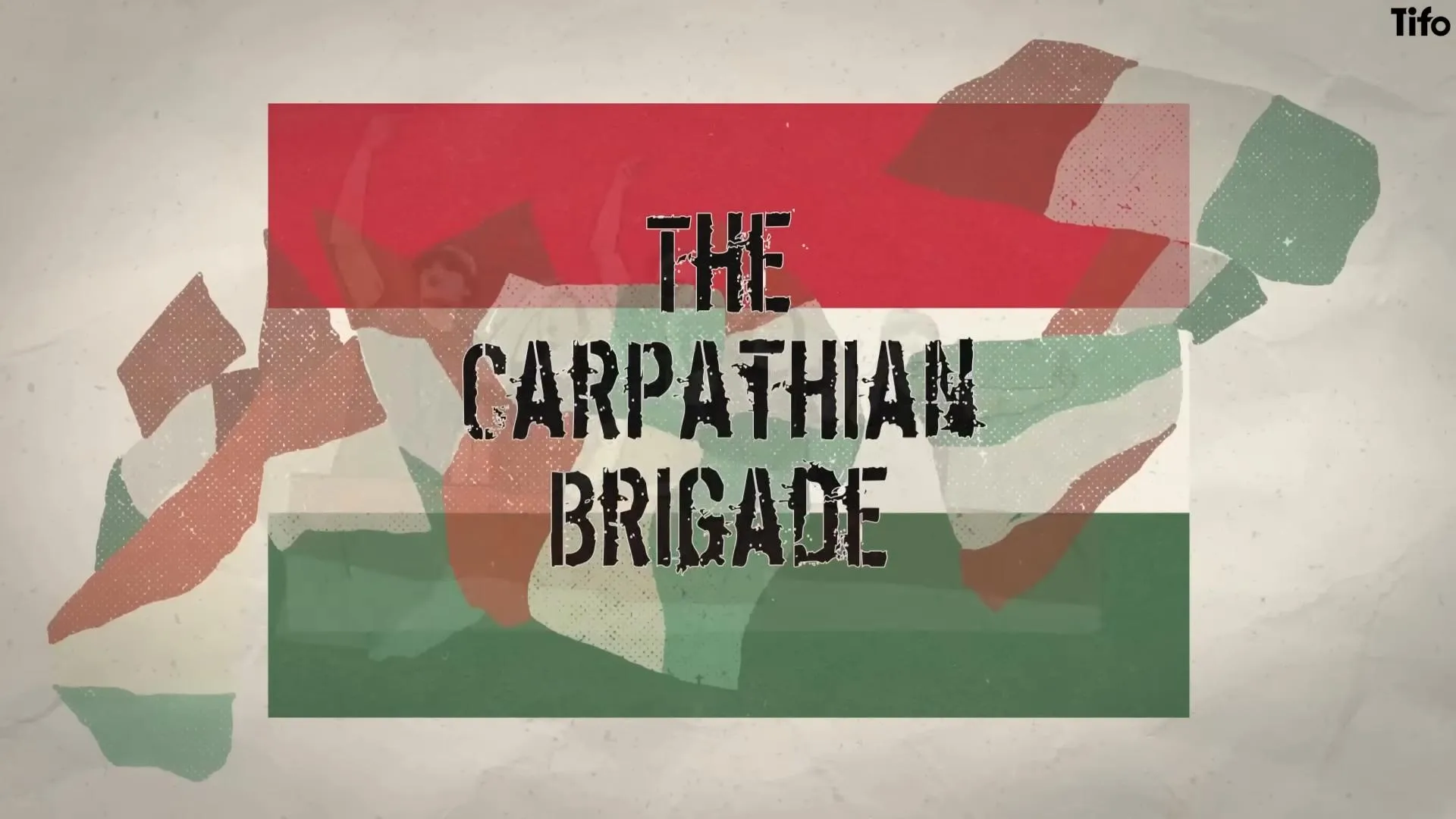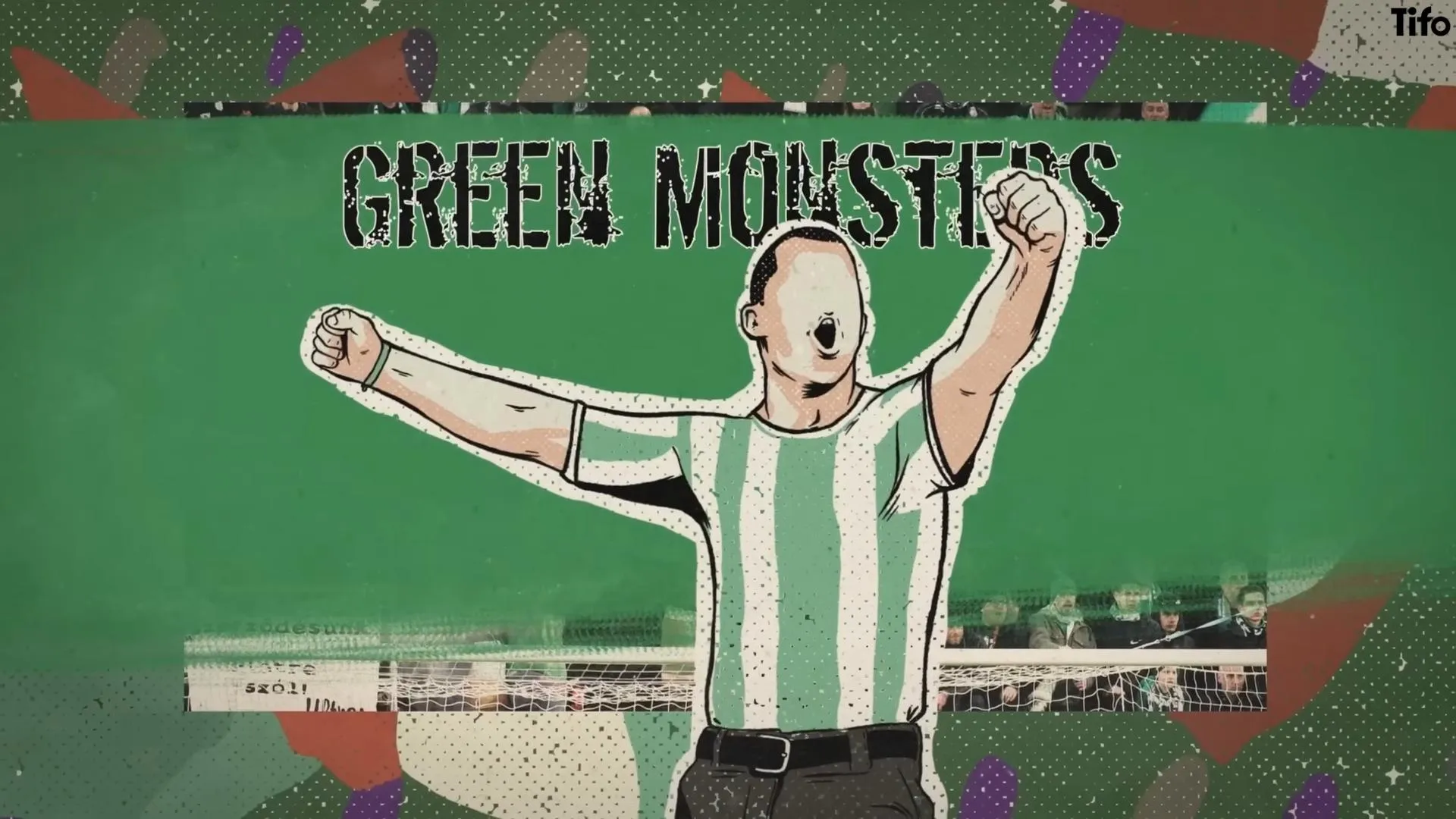Hungary football fans geopolitics intertwine in a fascinating narrative that delves into the passionate world of football support, national identity, and the underlying political realities in Hungary. What drives the fervor of the Carpathian Brigade, Hungary’s notorious ultra group? How does their presence at international tournaments reflect deeper historical grievances? This blog post aims to unravel these questions, shedding light on the complex relationship between football fandom and geopolitics in Hungary.
Hungary Football Fans Geopolitics: The Carpathian Brigade
The Carpathian Brigade has become synonymous with Hungary’s football culture, particularly during European Championships. As Hungary prepares for yet another tournament in Germany, the anticipation surrounding the Carpathian Brigade is palpable. This group has cultivated a reputation that transcends mere fandom, embodying national pride and historical grievances.
The Rise of the Carpathian Brigade
Established in 2009, the Carpathian Brigade is a unique entity in supporter culture, being one of the few ultra groups dedicated exclusively to a national team. With a core membership of about 30 to 40, they have managed to rally thousands of supporters under their banner during international matches. Their black attire, pyrotechnics, and chanting create an electrifying atmosphere, making them a formidable presence in stadiums across Europe.
Historical Context: The Treaty of Trianon
To understand the fervent nationalism displayed by the Carpathian Brigade, one must delve into Hungary’s history. The Treaty of Trianon, signed in 1920, resulted in Hungary losing three-quarters of its territory post-World War I. This loss not only fragmented the nation but also sowed the seeds of nationalistic sentiments among its people. The Carpathian Brigade often showcases maps of Greater Hungary at matches, a poignant reminder of this historical trauma.
Political Influence: Viktor Orban and Football
Hungary’s prime minister, Viktor Orban, has skillfully leveraged football to bolster nationalist sentiments. He has actively courted the Hungarian diaspora in neighboring countries, offering citizenship to those whose ancestors were affected by the Trianon Treaty. Orban’s government has also invested significantly in football infrastructure and teams with ethnic Hungarian ties, creating a narrative of unity through sport.
Carpathian Brigade: A Reflection of National Identity
The Carpathian Brigade does not merely represent a group of passionate fans; they are a manifestation of Hungary’s national identity. Their presence at international tournaments is a statement of resilience and pride, showcasing a collective memory that resonates deeply within the Hungarian psyche.

Controversial Actions and International Perception
While the Carpathian Brigade’s fervor is often celebrated, it has also drawn criticism for its controversial actions. During Euro 2020, they displayed anti-LGBTQ banners and booed players taking a stand against racial injustice. Such actions have led to clashes with authorities and criticism from various sectors, including media and human rights organizations.
Football as a Political Tool
Orban’s administration has capitalized on the Carpathian Brigade’s support, using football matches as platforms to promote nationalist policies. The government’s response to UEFA sanctions following the Brigade’s actions often involves defending the fans rather than condemning their behavior. This complicated relationship illustrates how football is intertwined with Hungary’s political landscape.
The Future of Hungary Football Fans Geopolitics
As Hungary prepares for the upcoming European Championships, the Carpathian Brigade’s role will undoubtedly be front and center. With their reputation firmly established, how will they balance their passionate support with the growing scrutiny from international communities?

Key Takeaways from Hungary’s Football Fandom
1. The Carpathian Brigade serves as a powerful symbol of Hungary’s national identity and historical grievances.
2. Football has become a political tool for the Orban government, intertwining sport with nationalist narratives.
3. Controversial actions by the Brigade highlight the complexities of fandom, nationalism, and international scrutiny.
4. The Brigade’s future behavior at tournaments will continue to reflect the evolving landscape of Hungary’s geopolitics.
Understanding the Cultural Impact of Football in Hungary
Football in Hungary is more than just a sport; it is a cultural phenomenon that encapsulates the nation’s history and identity. The Carpathian Brigade’s actions and presence at international tournaments provide insight into how sports can be a vehicle for expressing collective memory and national pride.
Engagement with the Broader Community
For those interested in a deeper understanding of the cultural implications of football in Hungary, various resources are available. For a visual representation, you can check out this insightful video on YouTube that explores the dynamics of football fandom in Hungary. Additionally, an engaging discussion on Twitter can be found at Tifo Football, providing further context on this intriguing topic.
The fusion of **Hungary football fans geopolitics** reveals the powerful connection between sport and national identity, and it continues to evolve as the nation navigates its place in the modern world. With the Carpathian Brigade leading the charge, Hungary’s football fandom will remain a captivating spectacle, drawing attention both on and off the pitch.
